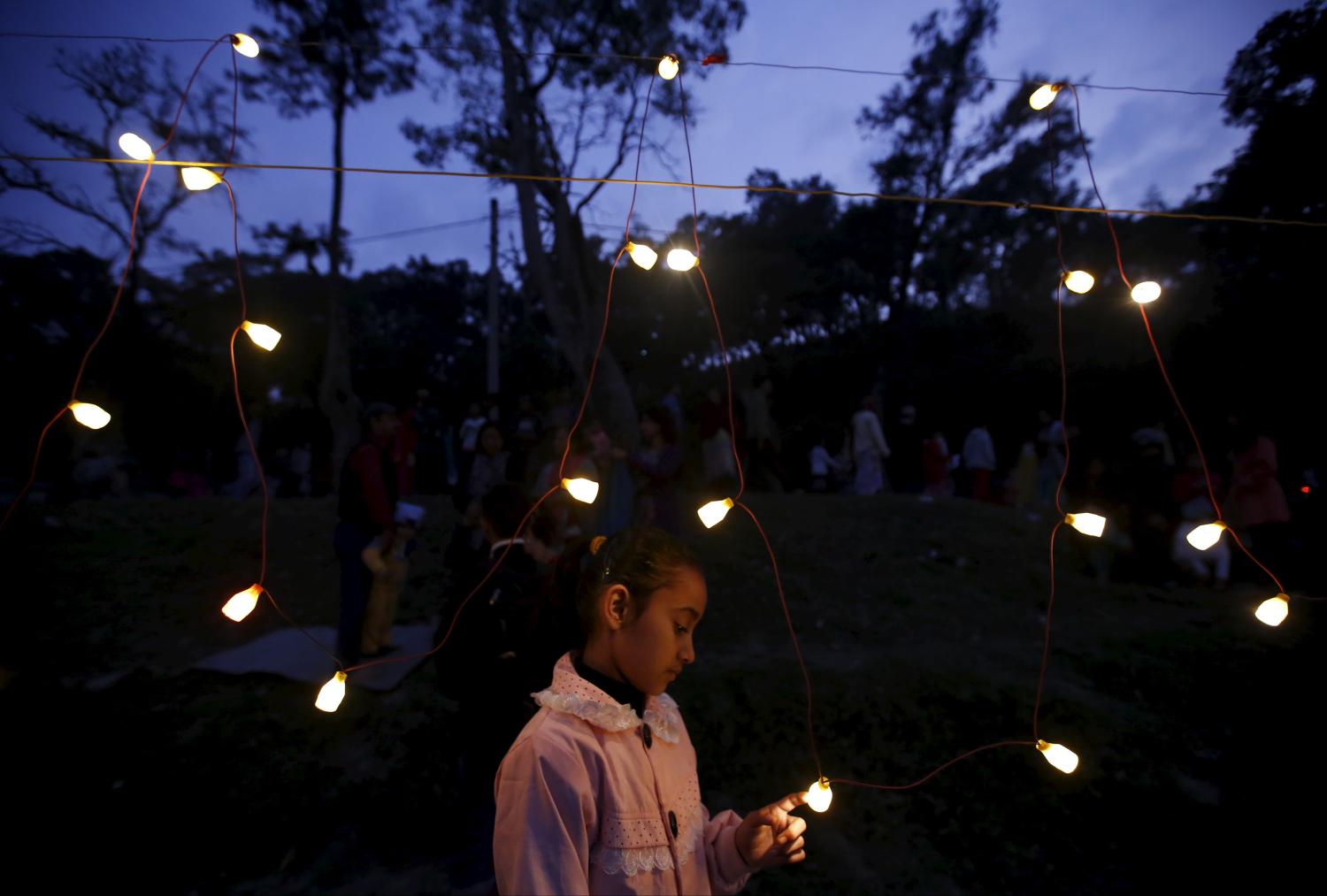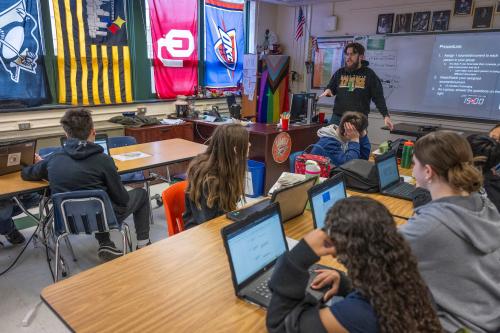In our schools, I see many girls taking initiative—mediating peer conflicts, organizing study groups, and supporting both teachers and classmates. However, these forms of leadership often go unrecognized because they don’t always fit traditional, formal models.
Susan Chinuma, a teacher in Zambia
Invisible leadership, overlooked potential
Zambia’s National Gender Policy (2023) and National Youth Policy (2015, revised 2023) commit to equity and participation. Yet they overlook a critical reality: Rural girls are already leading in their schools, households, and communities. Girls mentor peers, resolve conflicts, coordinate study groups, and step into household decisionmaking when elders are absent. These everyday practices demonstrate initiative and responsibility, but they rarely appear in education or gender frameworks. This disconnect between commitments on paper and practices on the ground is where my research is situated.
Why does this matter? Because these practices are the foundation of Zambia’s leadership pipeline. When ignored, girls are denied access to student councils, civic clubs, and youth boards—spaces that research shows are stepping stones to scholarships, leadership training, and political participation.
Why definitions of leadership matter
Leadership is often defined through Western models that emphasize assertiveness and hierarchy. In contrast, African women’s community-centered traditions—focused on care, collaboration, and reciprocity—have been marginalized. These tendencies have filtered into school governance structures, which often favor individualistic models, consistently disadvantaging girls.
Girls’ exclusion from early formal leadership opportunities are starkly reflected in women’s leadership. Women make up just over half of Zambia’s population (50.5%) and nearly half of primary school teachers, yet only about one in five head teachers are women. In politics, just 15.2% of Members of Parliament are women. Early exclusion may deny girls the skills, networks, and visibility needed to progress through the leadership pipeline.
The critical policy-to-practice gap
Despite progressive commitments in Zambia’s frameworks—such as the National Gender Policy (2023), the Education Act No. 23 of 2011, and the Gender Equity and Equality Act No. 22 of 2015—formal leadership opportunities remain inaccessible to many girls, particularly those in rural areas. These documents affirm equality and participation on paper, but in practice, they stop short of recognizing the everyday leadership that girls are already exercising in schools, households, and communities.
The issue, then, is not an absence of leadership but an absence of recognition. Girls’ contributions remain undervalued, excluding them from official representation across schools, communities, and governance structures.
The missing evidence
We know girls are practicing leadership, and that policies fail to acknowledge these practices. Yet a critical evidence gap remains. What is still unclear—and what my research addresses—is how informal, culturally rooted leadership can be systematically recognized, supported, and linked to institutional pathways for long-term civic participation. Without this evidence, leadership development risks replicating Western models while overlooking relational practices that sustain African communities and Zambia in particular. This question is not unique to Zambia; it resonates across many contexts in the Global South.
Ubuntu Womanism: a framework for inquiry
My research as a 2025 Echidna Global Scholar, Beyond the School Gates, addresses this gap through Ubuntu Womanism—a framework I developed during my PhD and expanded in my forthcoming book “Ubuntu and the Power of African Women’s Leadership (Palgrave Macmillan, 2026).” Ubuntu, often expressed as “I am because we are,” is a Southern African philosophy that views leadership as inherently relational, collective, and community-based. Ubuntu Womanism builds on this tradition to highlight five principles in girls’ leadership: relational leadership, collective responsibility, spiritual grounding, intergenerational wisdom, and ethical governance.
Through storytelling circles, photo narratives, and workshops with elders, teachers, and education officers, my current study documents how girls define leadership and how these definitions might shed light on gaps in education and gender policies.
From invisible to influential
Girls in rural Zambia are already leading, but their contributions remain invisible in policy and practice. The challenge is not whether girls are leaders—they are—but whether education and gender systems can recognize and support existing leadership.
My research uses Ubuntu Womanism not as a policy prescription, but as a framework for inquiry to generate evidence on why these practices matter and how they could inform policymaking. Recognizing girls’ leadership through this lens is not symbolic—it is groundwork for inclusive communities, grounded in the idea that “I am because we are.”
Acknowledging the leadership already present in everyday actions allows us to see Africa’s hidden pipeline of women leaders—not by inventing something new, but by recognizing what has long been there. Ubuntu Womanism offers a lens for inquiry into how these practices, often invisible in policy, could reshape how we understand and support girls’ agency in Zambia and beyond.
The Brookings Institution is committed to quality, independence, and impact.
We are supported by a diverse array of funders. In line with our values and policies, each Brookings publication represents the sole views of its author(s).





Commentary
Ubuntu Womanism: Strengthening leadership pathways for girls in Zambia
September 19, 2025